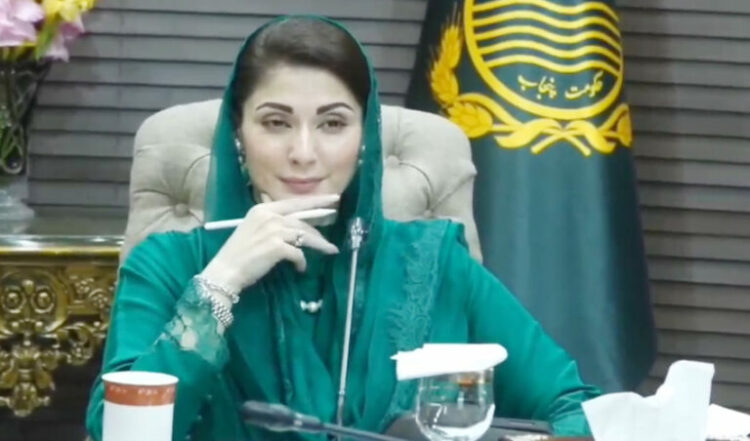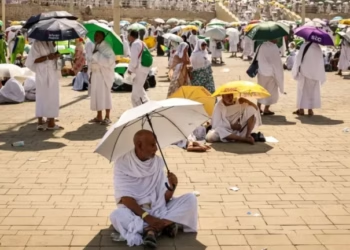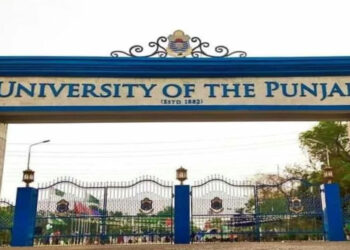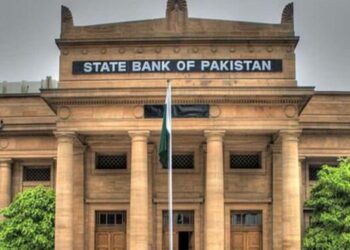Punjab Chief Minister Maryam Nawaz Sharif has announced a series of education sector reforms aimed at improving school infrastructure, faculty, and learning standards across the province.
Among the key initiatives is the introduction of a CM Education Card, designed to facilitate students in government schools. Additionally, students securing over 80% marks will be awarded the CM Eminence/Star Card as an incentive for academic excellence.
A significant part of the reforms focuses on expanding access to education. The chief minister has set an ambitious target of enrolling two million out-of-school children annually. She has also ordered the immediate launch of a school meal program in Bhakkar, Layyah, and other districts to improve student health and attendance.
The Public School Reorganization Program has already yielded promising results. Since its implementation, the number of students has increased by 52%, growing from 242,000 to 368,000. The number of teachers in outsourced schools has also seen an 89% rise, while their salaries have tripled. Infrastructure in these schools has been significantly upgraded, with the construction of 35 new classrooms and the renovation of 459 existing ones. Additionally, 110 new toilets have been built, and 2,762 existing ones have been upgraded to improve hygiene facilities. Schools have also been equipped with modern computer labs, additional furniture, and enhanced boundary walls and water supply systems.
In a major step towards modernizing education, the Punjab government has decided to introduce technical education as a subject from Grade 5. A state-of-the-art lab for Matric Tech students will be established, while new vocational courses in agriculture, fashion design, and ICT (Information and Communication Technology) will be introduced at the matriculation level. English language education is also receiving special attention, with a pilot project for English conversation classes launched in 338 schools in Lahore. The government is now working on an agreement to offer internationally certified English courses in public schools.
To ensure better administration and accountability, the appointment process for 287 CEOs, DEOs, and education officers across Punjab has been completed. Additionally, under the School Teacher Internship Program, 12,500 interns will be recruited to strengthen the teaching workforce. For the first time in Punjab’s history, the government has ensured that textbooks were delivered at the start of the academic year in March, addressing a long-standing issue in public schools.
Looking ahead, the Punjab government has laid out a five-year development plan that includes the construction of 30,000 new classrooms, 600 elementary schools, and 400 high schools. The government is also engaging alumni to support the development of new school grounds, buildings, and classrooms.




































